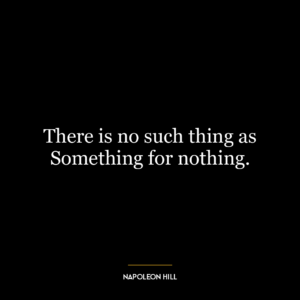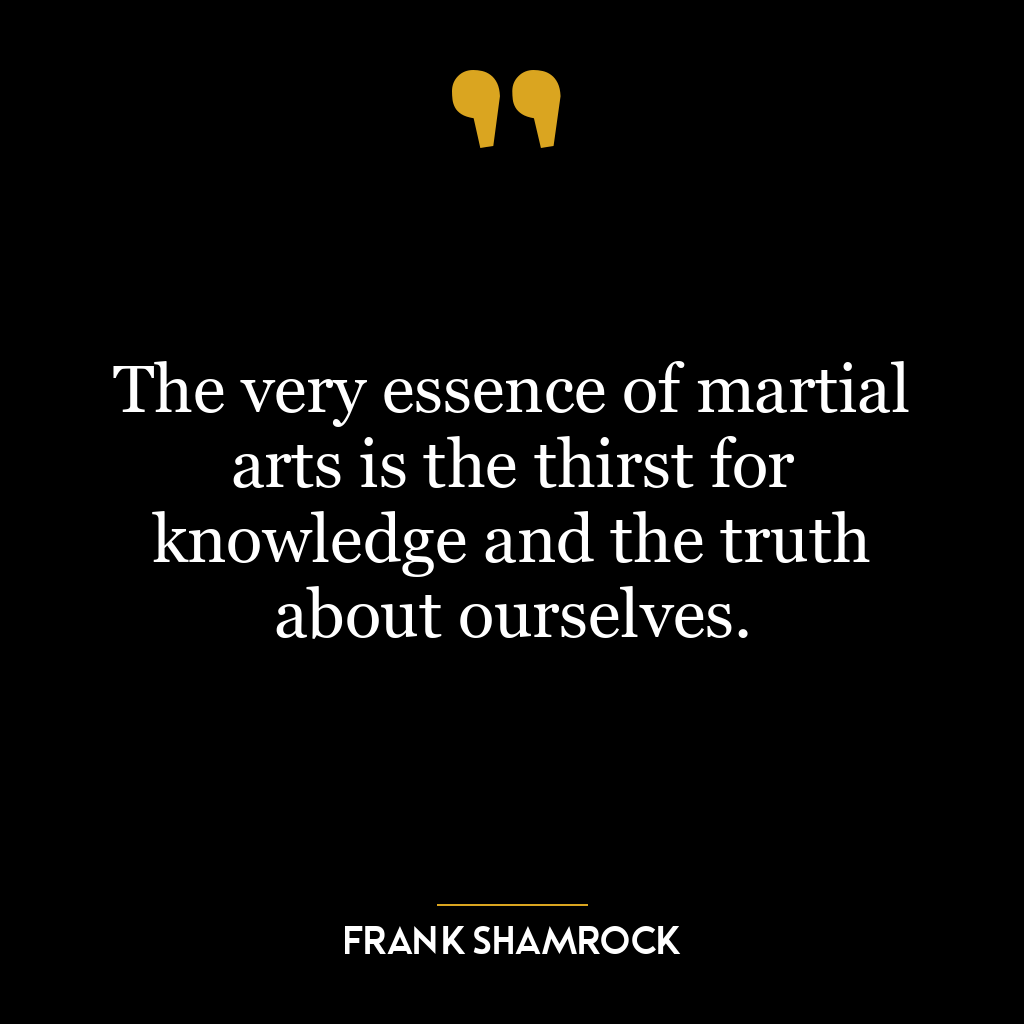This quote suggests that self-confidence stems from two key factors: having precise knowledge and being able to share that knowledge effectively. The first part implies that one cannot truly be confident unless they have a thorough and accurate understanding of a subject. Confidence can’t be faked; it is built on a solid foundation of understanding.
The second part of the quote emphasizes the importance of communication. It’s not enough to simply possess knowledge. Confidence also comes from the ability to convey that knowledge to others in a clear and understandable manner. This requires strong communication skills and the ability to tailor your message to your audience.
In today’s world, this concept is highly relevant. In an information-driven society, knowledge is power. The more you know, the more confident you can be in your decisions and actions. Moreover, in a world that is more connected than ever, the ability to effectively share your knowledge with others is crucial. Whether it’s in a business meeting, a classroom, or a social setting, those who can articulate their ideas clearly and persuasively are often the most confident and respected individuals.
In terms of personal development, this idea suggests that building self-confidence involves both learning and teaching. To increase your confidence, you should strive to continually expand your knowledge and improve your communication skills. This might involve reading, taking courses, or practicing public speaking. Additionally, teaching or mentoring others can be a great way to reinforce your own knowledge and boost your confidence. When you can help someone else understand a concept, it not only benefits them, but also strengthens your own understanding and confidence in your knowledge.









